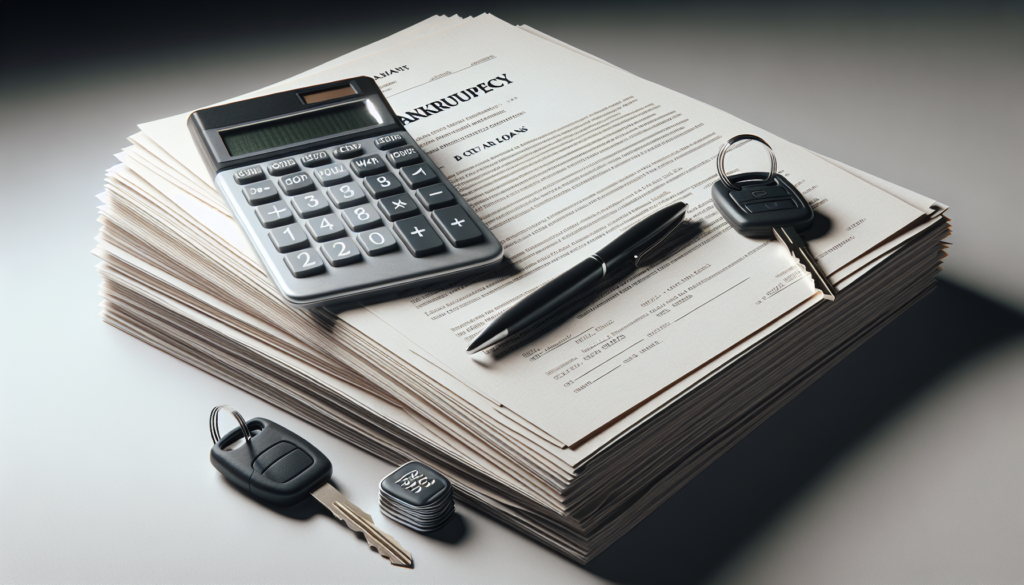
Hesitating to file for bankruptcy, despite facing overwhelming debt, can indeed result in significant financial losses over time. Many individuals delay bankruptcy due to fear, stigma, or a hope that their financial situation might improve, but this hesitation can have costly consequences. Here’s how delaying bankruptcy can lead to further financial strain:
Accumulating Interest and Fees
- Credit Card Debt: If you’re only making minimum payments on high-interest credit card debt, the balance can continue to grow due to interest and additional charges, significantly increasing the amount owed over time.
- Loan Defaults: Delaying bankruptcy can lead to defaults on loans, where interest and late fees can accumulate, further increasing the debt burden.
Escalating Legal and Collection Costs
- Lawsuits and Judgments: Creditors may initiate lawsuits for debt collection, leading to judgments that can include not only the original debt amount but also legal fees, court costs, and interest, escalating the total debt.
- Wage Garnishment: If a creditor obtains a judgment, they might garnish your wages, taking a portion of your income directly, which can exacerbate financial hardship and limit your ability to pay other debts.
Impact on Assets and Savings
- Asset Depletion: To keep up with debt payments, you might start liquidating assets or draining savings and retirement accounts, which can lead to long-term financial repercussions and loss of financial security.
- Foreclosure and Repossession: Delaying bankruptcy while trying to catch up on mortgage or auto loan payments can lead to foreclosure or repossession, resulting in the loss of your home or vehicle.
Psychological and Health Costs
- Stress and Health: Prolonged financial stress can have significant health implications, potentially leading to high medical bills, further exacerbating financial problems.
- Quality of Life: The constant worry and stress over debt can diminish overall quality of life, affecting relationships, job performance, and mental health.
Opportunity Costs
- Credit Recovery Delay: The longer you wait to file for bankruptcy, the longer it will take to start the process of rebuilding your credit and financial stability.
- Missed Financial Opportunities: Delaying bankruptcy can prevent you from taking advantage of financial opportunities that may arise, such as purchasing a home or investing, due to the burden of existing debt.
While the decision to file for bankruptcy should not be taken lightly and requires careful consideration and legal counsel, undue delay can lead to increased financial losses and missed opportunities for recovery. If you’re facing insurmountable debt, it’s crucial to assess your situation realistically, understand the potential costs of delaying bankruptcy, and consult with a bankruptcy attorney to explore your options and determine the best course of action for your financial future.

Get a Free Bankruptcy Case Evaluation